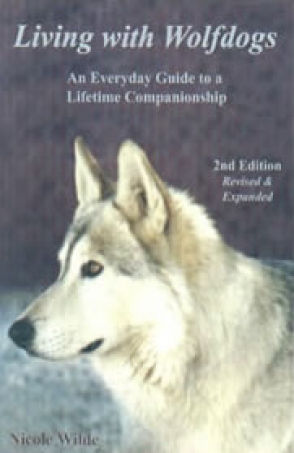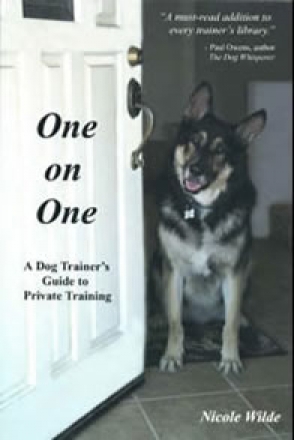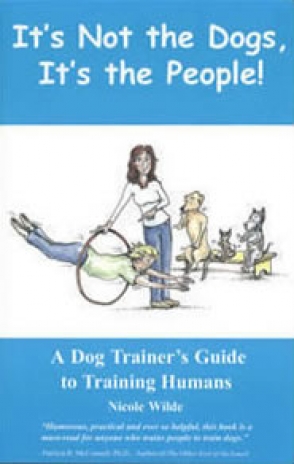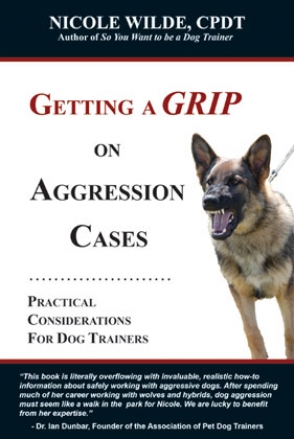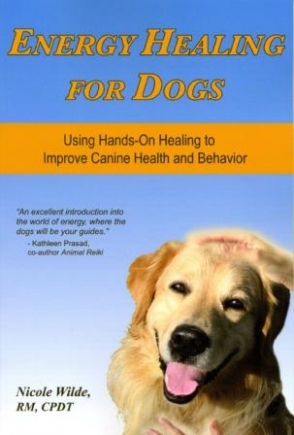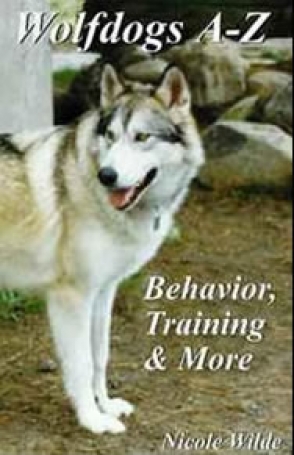Advice, answers, tricks and tips for anyone who shares or is considering sharing their life with these special companions. Packed with photographs.
A Puppy For Christmas?
It’s that time of year again. The holidays have traditionally been a season of joy and good cheer. But “ho, ho, ho” has also turned into “buy, buy, buy” and “give, give, give.” Malls are full to overflowing, television commercials seem to broadcast nothing but sales, and everyone is feeling the pressure to purchase gifts for their loved ones. Inevitably, for many families with children, one of those gifts will be a puppy.
A puppy! What child wouldn’t be thrilled to find a wriggling, fur-covered bundle of joy under the tree? It IS a lovely scene to contemplate. Allow me to offer a few other things to contemplate as well, from a trainer’s point of view. We are, after all, the ones who receive a slew of phone calls every January from families who purchased Christmas pups. Those same families who were starry-eyed and rife with anticipation are now facing the reality of living with a small, very dependent creature who demands attention, soils everywhere, and has shredded some of those other lovely holiday gifts by now.
I’m not so much of a grinch that I’m going to try to talk you out of giving your children a puppy. But if you’re going to give a puppy as a gift, do your research. Find out about things like what the breed you’re considering was bred to do. For example, if the dog you are contemplating is bred to hunt (such as retrievers), herd (like border collies, Australian shepherds, corgis), or do some other active type of work, you’re most likely going to have a very active little puppy on your hands who, without a job to do, will create one in your home—one that has a title like Deputy of Destruction, or Rover’s Redecorating Service. Active breed dogs need a lot of exercise. If you’re looking for a small lap dog, look for a breed that was actually bred for it. Don’t assume that all small dogs are lap dogs! Many small breeds were actually bred for hunting and other physical activities, and some do not have the “soft” temperament many parents want—terriers, for example, are tough and feisty as a rule, rather than soft and cuddly, like, say, a Bichon Frise.
There are good books on the market for breed research—one I especially like is Paws to Consider by Brian Kilcommons and Sarah Wilson—and lots of information on the internet. Dogtime.com in particular has lots of good information on specific breeds, in addition to an in-depth quiz to match you with an appropriate breed—kind of like computer dating! In addition to those sources, call a breed rescue. Those are the folks who will give you both sides of the story, the ones who will tell you the potentially troubling characteristics as well as the positive ones.
Now, with all this talk of breed, I don’t mean to suggest that you need to get a purebred dog from a breeder. That’s fine if you’d like (and if you do, research the breeder carefully), but there are so many perfectly lovely dogs sitting at shelters and in rescue groups that it’s a shame not to consider one. I know, you’re thinking, why are those dogs there in the first place? They must be defective somehow! While it’s true that there are some bad apples, many of those dogs were turned in because of unfortunate circumstances such as divorce or moving from a home to an apartment. They’re good dogs who simply got tough breaks, and deserve another chance. If you choose to adopt, consider hiring a trainer to go along with you to temperament test the dog. A trainer can screen the dog for things like friendliness with children, aggressive tendencies (for example, to guard food from others), and other characteristics, and help you to decide if this is the dog for you. (Need to find a trainer near you? Go to www.apdt.com.)
Another thing to consider, especially if you are a working couple, is whether you really want a puppy. Now, you know kids will love a sweet, adorable dog who’s a few years old just as much as they would a puppy—kids love dogs, period! And with an adolescent or adult dog, chances are you won’t have to go through that not-so-fun housebreaking period. Even if you do, it’s not the same as with a young puppy who simply can’t hold it overnight—oh yes, did I mention that’s like having an infant all over again. Here comes the No Sleep Express!
Another advantage to adopting a grown dog is that you know what that dog’s personality will be like. Even when you adopt from a breeder, there are differences in temperament between pups in the litter. Some are bold and outgoing, while others are shy. Many of those traits become amplified as the dog matures, which can be problematic in some cases. With an adult dog, what you see is what you get.
Whether you decide to buy from a breeder or adopt, don’t rush the decision. Sure, that holiday pressure is on. But here’s an idea: rather than rushing and chancing not getting the right dog for you, go out and buy a large, cute stuffed animal, put a big, red bow on it, and a card that announces “We’re getting a dog!” Believe me, the kids will be thrilled at the very notion even without the dog being there. The stuffed dog approach buys you time to discuss as a family what type of dog is right for you, and after the parents have narrowed down the choices, the kids can be part of the decision-making process.
One last tip: there is a lot you can do now, before you even bring that puppy home. Dr. Ian Dunbar has written an excellent book called Before You Get Your Puppy, and believe it or not, it’s completely free! You can download either a text-only version or the complete book with photos. Doing your research now will be the best guarantee of not only a happy holiday, but a very happy new year.

